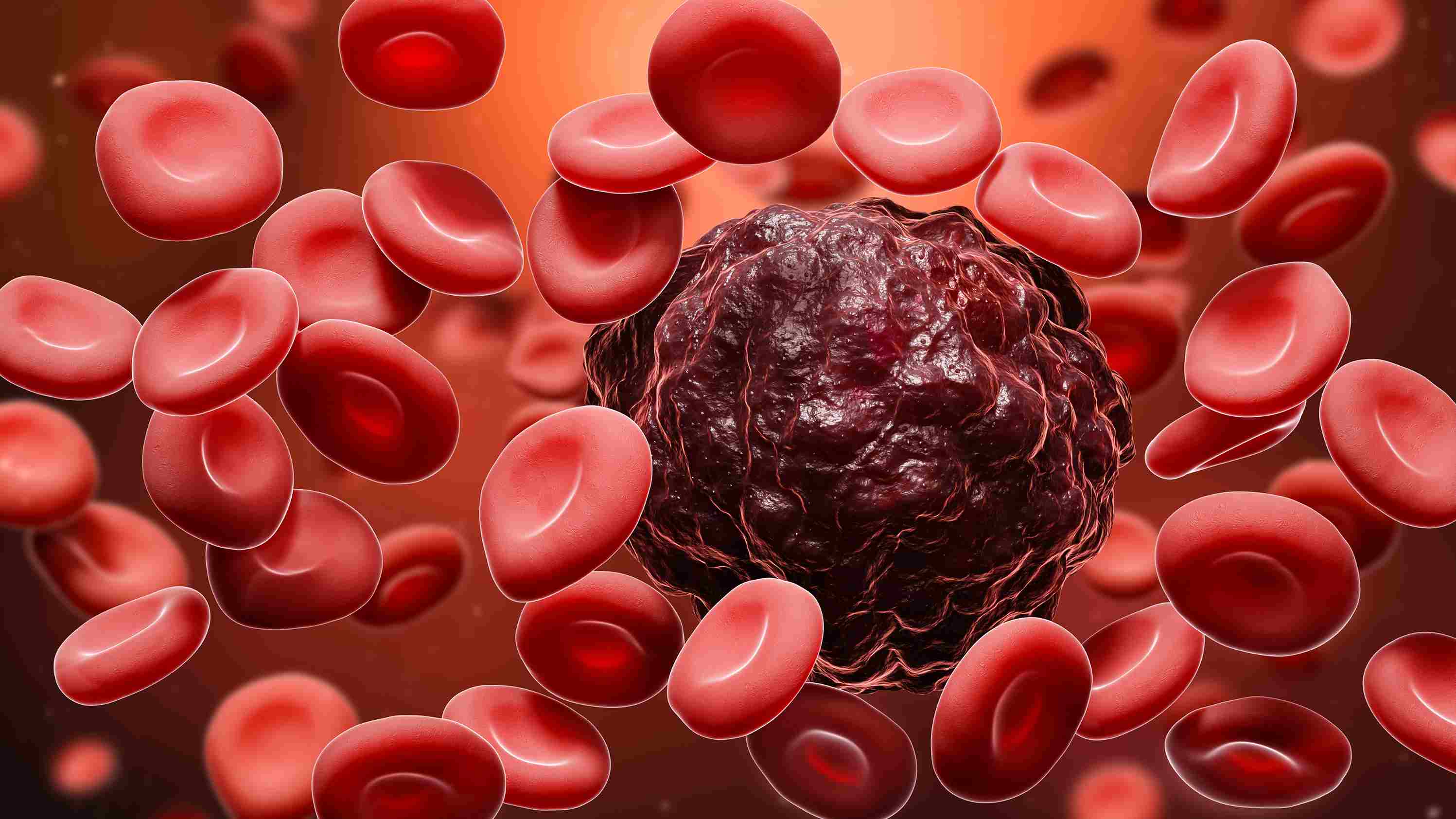Common Types of Blood Cancer

What is Blood Cancer?
Blood Cancer is also known as haematological cancer includes leukaemia, lymphoma, and multiple myeloma. Blood cancer originates in the blood-forming tissue, such as the bone marrow, or in the cells of the immune system like lymph nodes. Abnormal blood cells affect the normal production or regular function of normal blood cells, including fighting against diseases or limiting blood loss.
Blood cancer accounts for eight percent of all new cases of cancer diagnosed in India. Blood cancer can affect any age group and gender, including children and the elderly. The specific cause of blood cancer is still unknown.
Symptoms of Blood Cancer?
Blood cancer brings non-specific common symptoms related to loss or abnormal functions of blood cells. Symptoms include generalised weakness, high-grade fever, night sweats, vomiting, breathing difficulties, weight loss, recurrent infections, body or back pain, abdominal pain, GI upset, recurrent fractures, unusual bleeding, or skin rashes. Other symptoms include abnormal glandular swellings involving the neck, axillary or inguinal region. Patients may develop recurrent infections requiring hospitalisation.
Types of Blood Cancer?
While there are numerous types of blood cancers documented, each one necessitates a unique treatment strategy. The three main types are leukaemia, lymphoma, and myeloma.
Leukaemia: Rapid and uncontrollable production of abnormal white blood cells known as blasts causes leukaemia and can be either acute (growing quickly) or chronic (growing slowly). White blood cells, including lymphocytes and neutrophils, normally fight against infection. The vast number of abnormal white blood cells makes them unable to fight infection and also interferes with the proper production and functioning of the blood cells.
Lymphoma: A blood cancer that affects the lymphocytes or the lymphatic system of the body, including lymph nodes, is called lymphoma. Lymphocytes are white blood cells that fight infections in the body. These lymphoma cells then endanger the immune system. Lymphoma is the most common type of blood cancer in adults, and more than half the cases diagnosed are attributed to this type. There are two types of lymphoma:
- Non-Hodgkin's lymphoma starts with abnormal multiplication of white blood cells and can lead to cancerous tumours throughout the body. It can be a T-cell or a B-cell. They are more common than Hodgkin's lymphoma and can present with unusual symptoms.
- Hodgkin's lymphoma starts in immune cells called B lymphocytes, or B cells, and is distinguished by the presence of an abnormal large lymphocyte called the Reed-Sternberg cell. They normally spread in a contagious manner.
Myeloma: is caused by proliferation of abnormal plasma cells. Plasma cells are white blood cells that produce antibodies, thus, help in fighting infections. Myeloma cells produce abnormal protein known as M band which can be detected by blood tests. This abnormal protein can damage kidney leading to kidney damage including kidney failure and high calcium levels.
Diagnosis
Tests and procedures to diagnose blood cancers may include:
- Physical examination
- Blood tests including CBC with peripheral smear, Liver and kidney function
- Bone marrow examination including flowcytometry and cytogenetic
- Diagnostic imaging tests - CT scan, PET scan, and MRI
- Surgical lymph node removal (for examination)
- Molecular tests including PCR and NGS
- Other specialised tests
Treatment
The primary objective of blood cancer treatment is to eradicate cancer. The treatment for blood cancer depends on various factors like blood cancer type, age, the rate at which the disease is progressing and the body parts affected.
Blood cancer management depends on the type and nature of blood cancer. Chemotherapies, immunotherapies, radiation therapy, palliative care, clinical trial enrolment, and bone marrow transplant are among them. Even the cost of blood cancer treatment in India is quite affordable, keeping in mind the quality of medical care facilities and world-class technologies that healthcare provides to its patients.
At Medanta’s cancer treatment centre, patients have the benefit of state-of-the-art infrastructure, a highly specialised team comprising of top haemato-oncologists, and a dedicated and compassionate multi-disciplinary team of specialists with expertise in treating all kinds of blood disorders and bone marrow transplants. The Department of haemato-oncology and bone marrow transplant at Medanta Medicity is committed to improving the outcome for patients by using approaches based on a sound knowledge of the biology of the disease. We have extensive experience in standard and novel therapies to ensure that the care plan offers the best possible outcomes for our patients. We also work closely with our colleagues in other disciplines, including paediatrics, social work, psychiatry, geriatrics, nutrition, and others, to address the specific needs of each of our patients. Here, we focus on the distinct needs of our patients to provide the best treatment with maximal comfort to our inpatients and outpatients.






